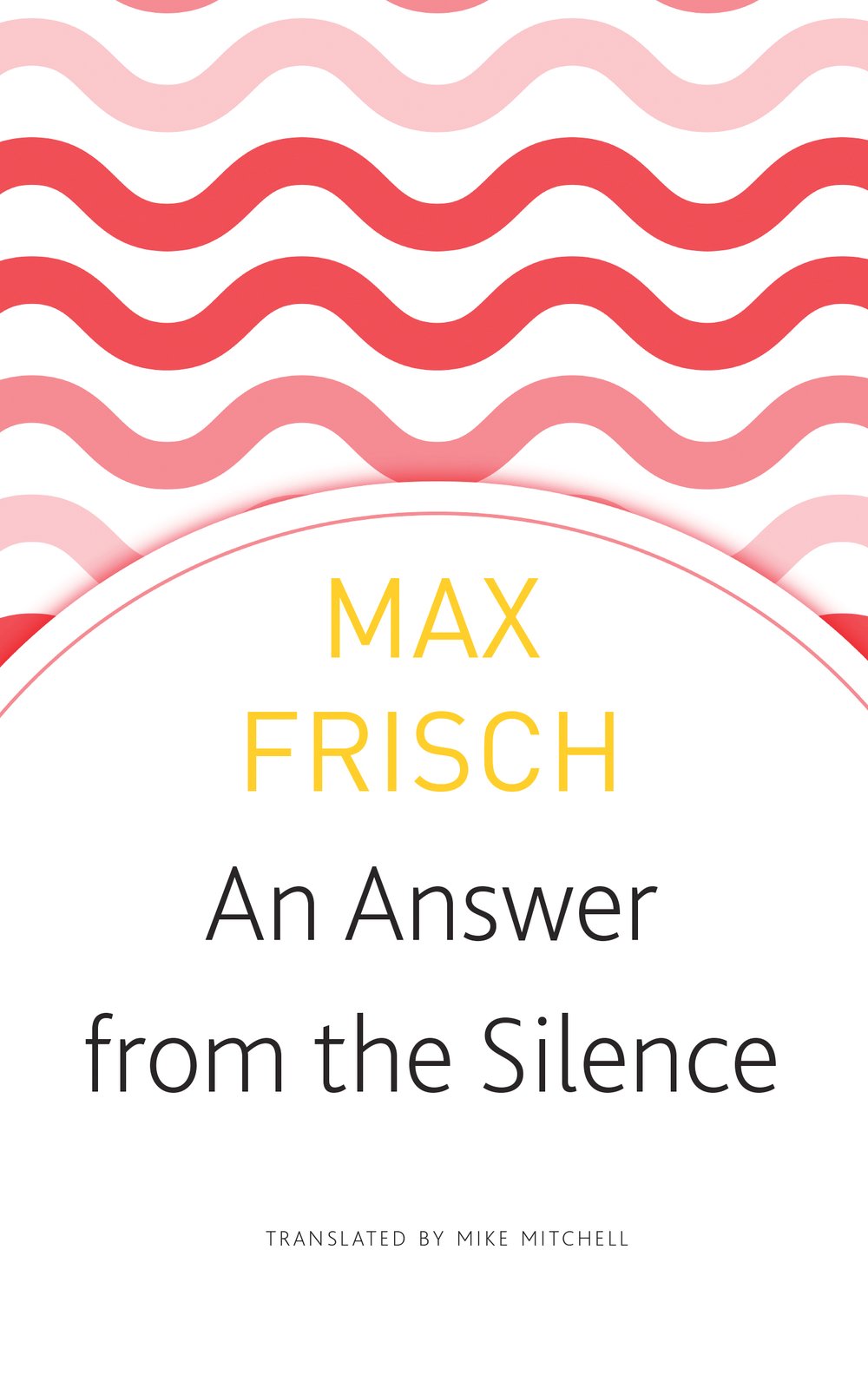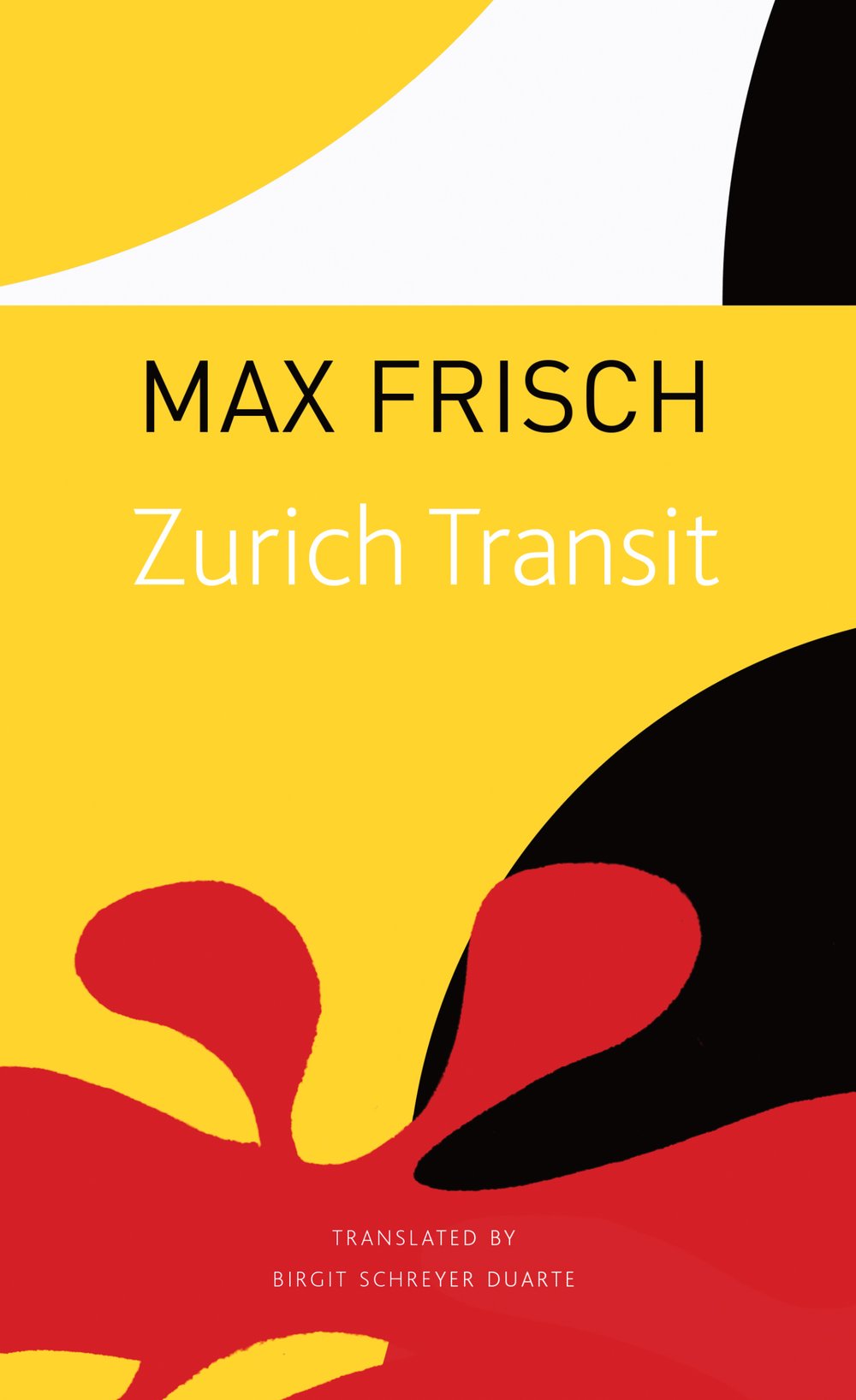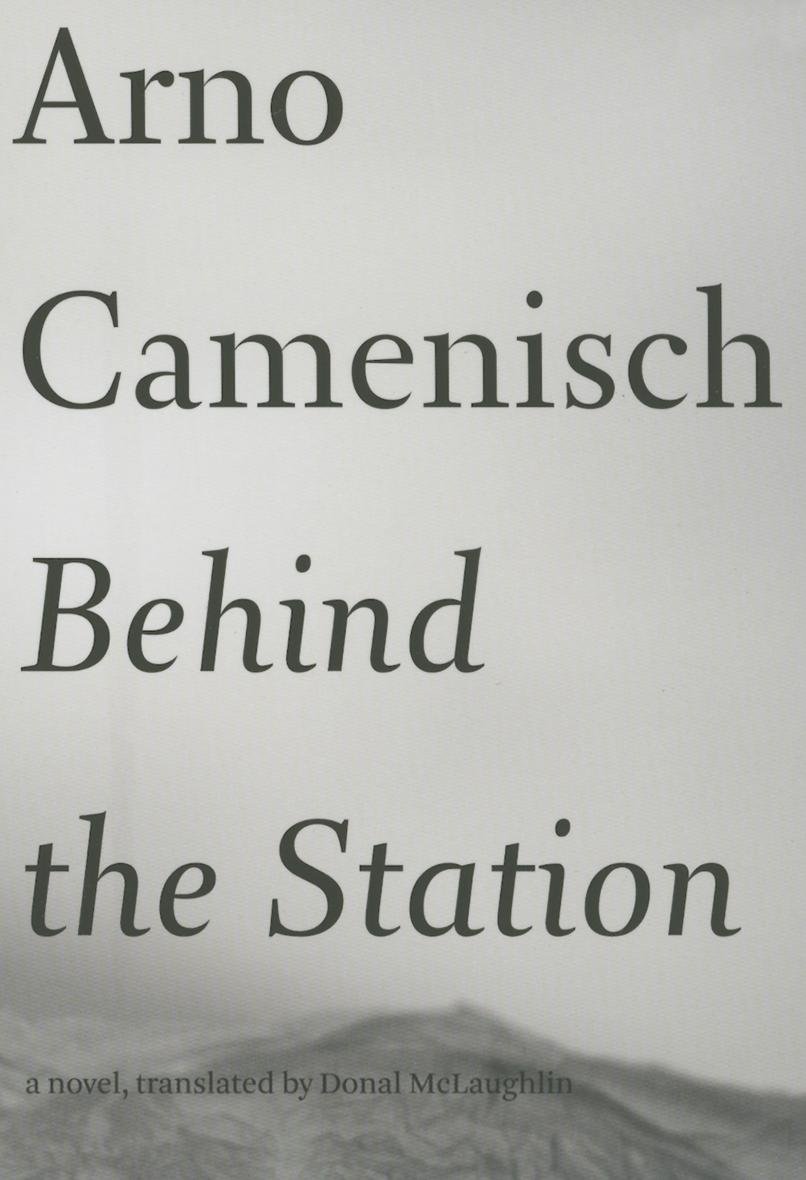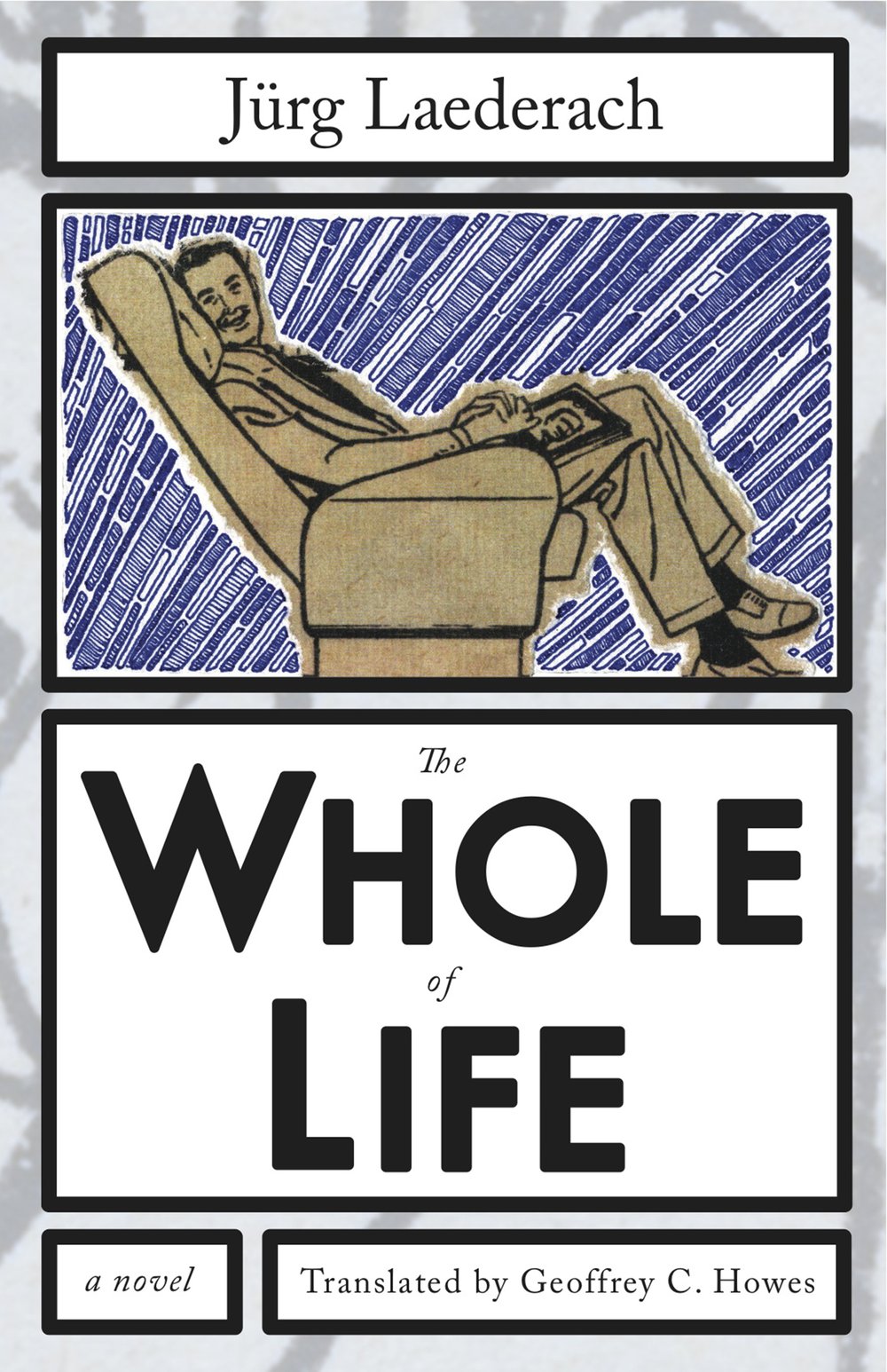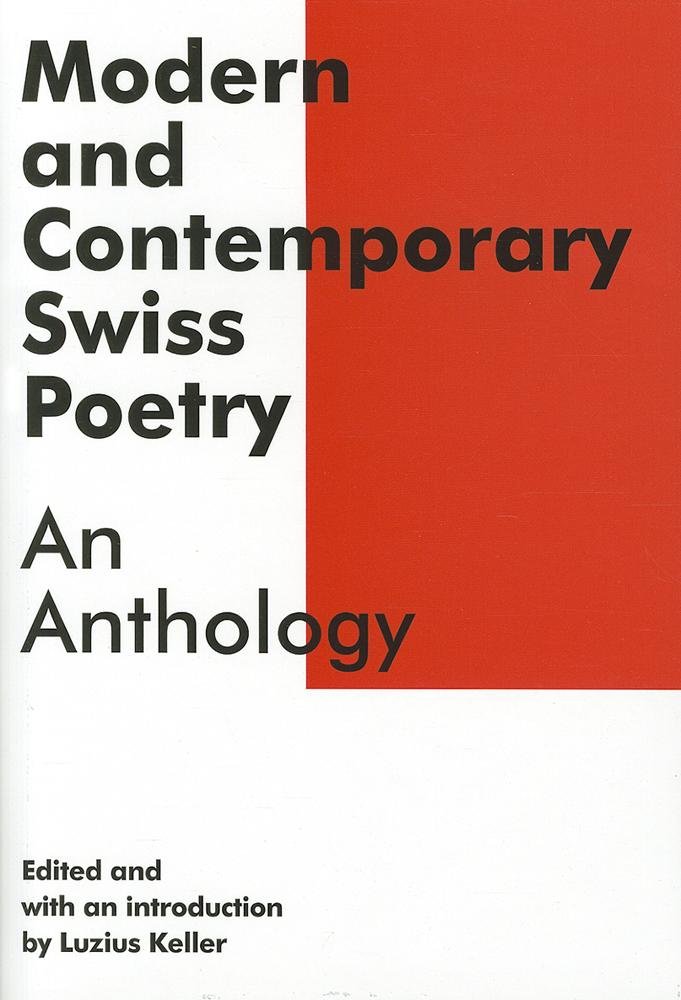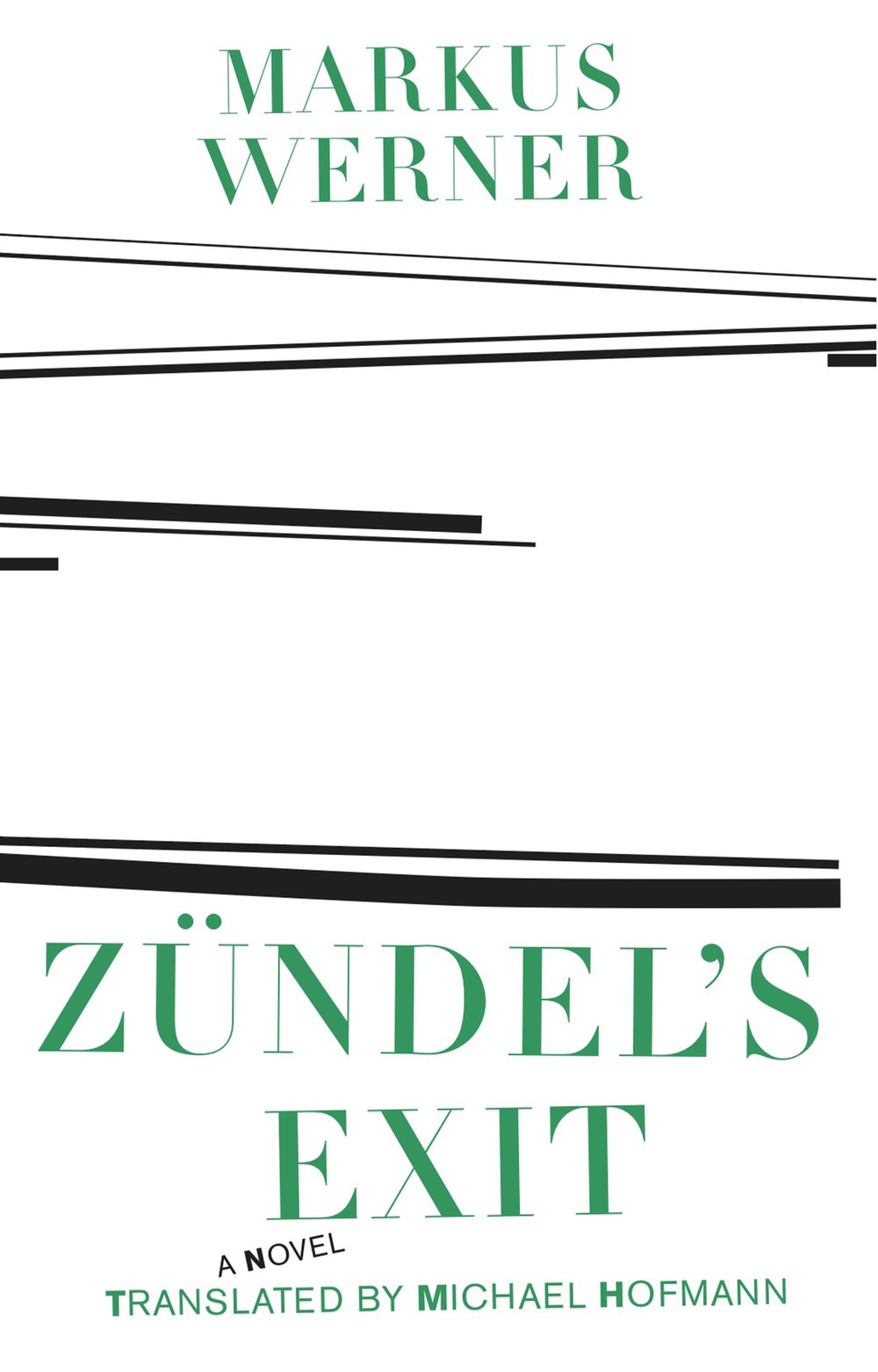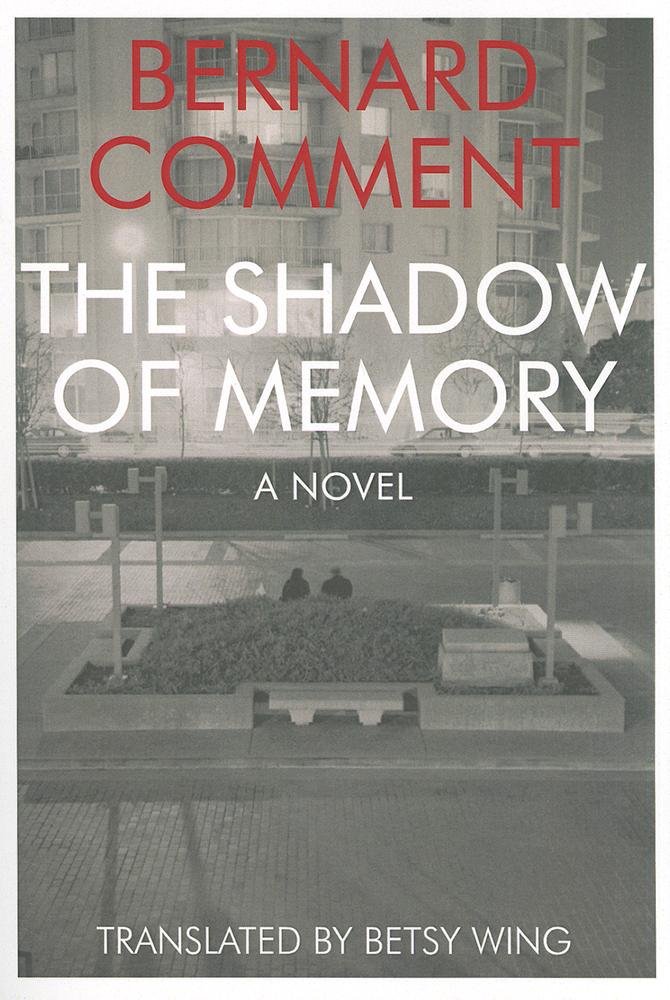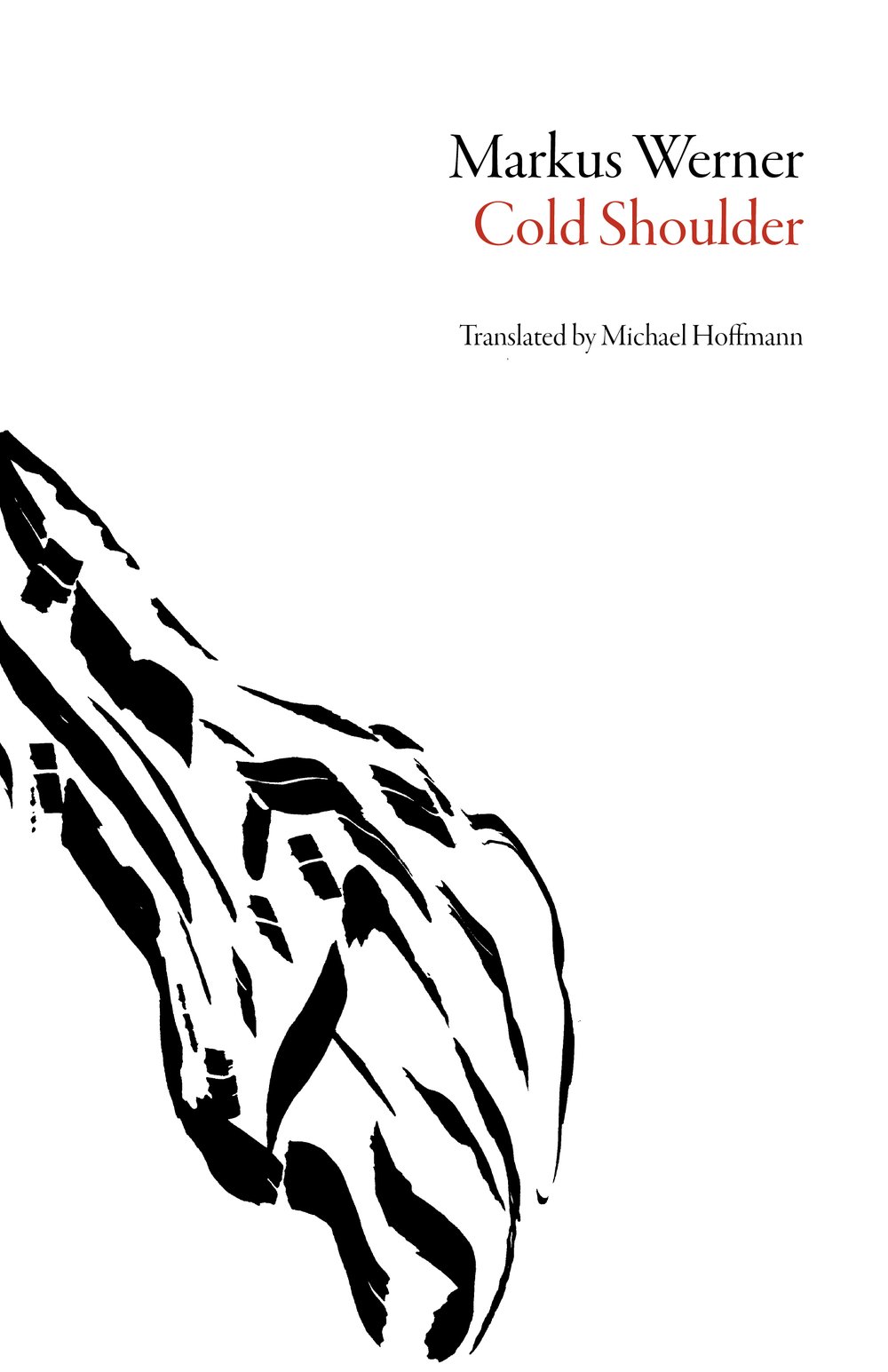Man in the Holocene
A stunning tour de force, Man in the Holocene constructs a powerful vision of our place in the world by combining the banality of an aging man’s lonely inner life and the objective facts he finds in the books of his isolated home.
As a rainstorm rages outside, Max Frisch’s protagonist, Geiser, watches the mountain landscape crumble beneath landslides and flooding, and speculates that the town will be wiped out by the collapse of a section of the mountain. Seeking refuge from the storm in town, he makes his way through a difficult and dangerous mountain pass, only to abandon his original plan and return home. A compelling meditation by one of Frisch’s most original characters, Man in the Holocene charts Geiser’s desperate attempt to find his place in history and in the confusing and fragile world outside his window.
Max Frisch (1911-1991) was born in Zurich, Switzerland before the First World War and was a soldier in the Second. In the interwar years, he traveled throughout Eastern and Central Europe as a journalist. After serving as a gunner on the Austrian and Italian borders, he followed in his father's footsteps and became an architect. These experiences helped forge the moral consciousness and the concern for human freedom that mark his writing. The author of I'm Not Stiller, Homo Faber, and The Man in the Holocene, and the winner of the Jerusalem Prize, the Heinrich Heine Prize, and Neustadt International Prize for Literature among other honors, Frisch was one of Europe's most important postwar writers.
Geoffrey Skelton is the translator of Max Frisch's Man in the Holocene, Sketchbook: 1966-1971 and Bluebeard, as well as Peter Weiss's Morat/Sade. Skelton has also edited a number of books on classical music.

